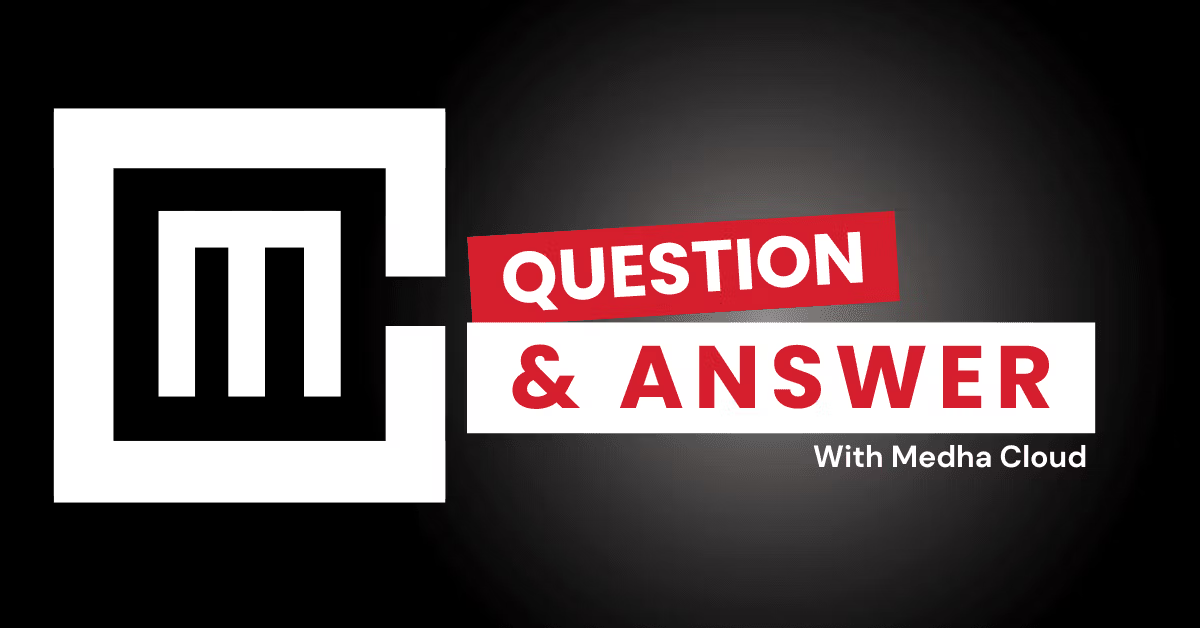
Outsourced IT helpdesks integrate with existing ticketing systems by leveraging APIs, middleware platforms, custom connectors, and standardized data exchange protocols. This integration ensures seamless communication, centralized data management, and efficient workflows, allowing both the client and the outsourced provider to work within familiar IT environments.
APIs allow different software applications to communicate and share data. Most modern ticketing systems provide well-documented APIs that enable outsourced helpdesks to:
Middleware platforms like Zapier, Workato, or Mulesoft act as intermediaries that simplify integration between the helpdesk’s platform and your ticketing system.
When existing APIs or middleware options aren’t sufficient, custom connectors or scripts can tailor integrations to specific business needs.
Standard data exchange protocols like REST, SOAP, or GraphQL help establish a common language between systems.
Evaluate your current ticketing setup, identifying what data must be shared and which workflows need to be integrated.
Work closely with the outsourced helpdesk provider to plan and execute the integration.
Implement the chosen integration method and test it thoroughly before go-live.
Deploy the integrated environment and continuously monitor performance to ensure smooth operations.
Integrating outsourced helpdesks with your existing ticketing system consolidates all support requests, updates, and resolutions in one place, improving data visibility and consistency.
Automating ticket creation, updates, and escalations reduces manual efforts, lowers the risk of human errors, and accelerates issue resolution.
With a unified system, IT teams and outsourced helpdesk agents can collaborate more effectively, accessing the same information and working from a single source of truth.
Streamlined workflows, fewer manual processes, and reduced downtime lead to overall cost savings and better resource utilization.
Comprehensive, integrated data allows for in-depth reporting and analysis, helping you identify trends, optimize support processes, and make informed strategic decisions.
Maintain open and transparent communication channels between your internal team and the outsourcing provider to ensure alignment and prompt issue resolution.
Provide comprehensive documentation of your IT systems, support processes, and business requirements to facilitate a smooth transition and effective service delivery.
Foster a collaborative partnership with the provider, emphasizing mutual goals and continuous improvement to achieve the best possible support outcomes.
Implement proactive monitoring and regular audits to ensure the helpdesk operates efficiently and meets your service standards consistently.
Outsourced IT helpdesks can integrate seamlessly with existing ticketing systems by leveraging APIs, middleware platforms, custom connectors, and standardized protocols. By carefully planning, testing, and monitoring the integration, businesses can enjoy improved efficiency, better collaboration, and consolidated support operations. Working closely with the provider to tailor solutions ensures that the integration aligns with your business needs and enhances overall IT support quality.
Medha Cloud offers white-label IT helpdesk outsourcing services designed to integrate smoothly with your existing ticketing systems. Our expert team ensures a seamless transition, minimal disruptions, and ongoing optimization to enhance your IT operations and client satisfaction.

